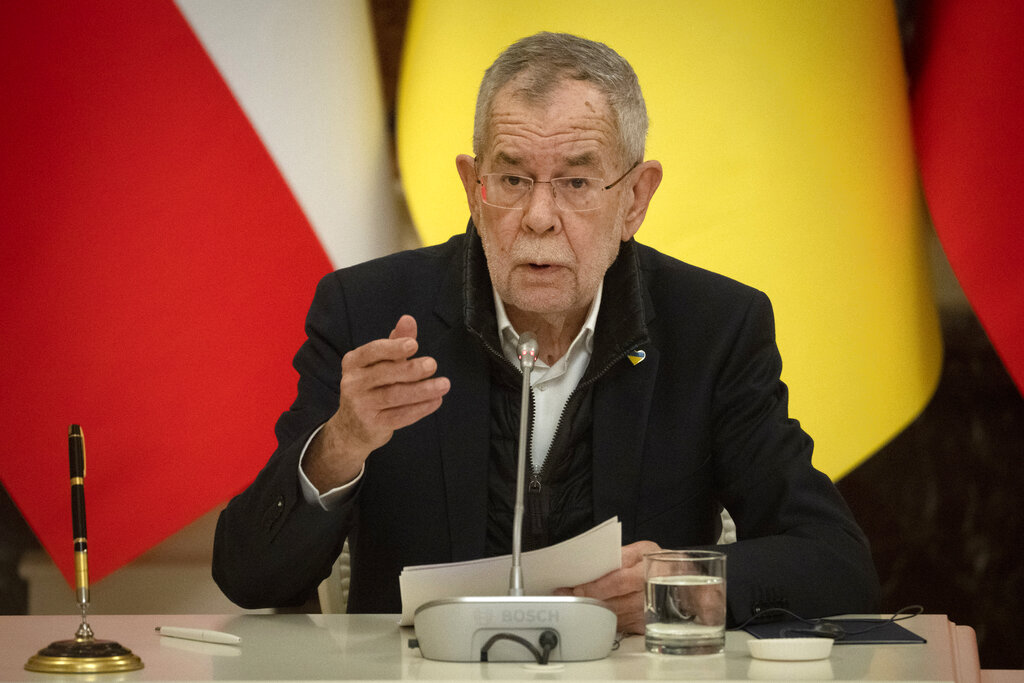Austria is facing a significant democratic deficit after Federal President Alexander Van der Bellen appointed Karl Nehammer, leader of the Austrian People’s Party (ÖVP), to form the next government.
This decision comes despite the clear victory of the right-wing Freedom Party of Austria (FPÖ) in the federal election, marking a break from tradition that has sparked controversy across the political spectrum.
Van der Bellen announced his decision on Tuesday, stating, “There is simply no party that wants to make Herbert Kickl Federal Chancellor.” Kickl, the leader of the FPÖ, whose party secured 30 percent of the vote in the recent election, has been sidelined as the political establishment refuses to cooperate with his leadership. Despite this, the FPÖ’s strong showing highlighted growing voter support for populist and anti-establishment platforms.
Traditionally, the federal president would ask the leader of the winning party to form a government. However, in this case, Van der Bellen cited the “unusual” situation where no party — neither the ÖVP, the Social Democrats (SPÖ), NEOS, nor the Greens — wished to enter into a coalition with Kickl’s FPÖ.
“This time I didn’t do that because… there is a party with the highest number of votes that apparently none of the other parties want to work with,” Van der Bellen explained.
This situation draws striking parallels to the recent political landscape in Poland, where the conservative Law and Justice Party (PiS) won the largest share of the vote in the 2023 election but was effectively blocked from forming a government. Instead, a left-liberal coalition, led by Donald Tusk, took power, sidelining PiS despite its electoral success.
Austria now faces questions about whether the true will of the electorate is being overridden by political maneuvering.
Karl Nehammer, the incumbent chancellor who leads the ÖVP, came in second with 26 percent of the vote. He is now expected to open talks with the SPÖ and potentially other parties, to secure a majority in the National Council.
“Austria needs a stable, effective, integrity-based government,” Van der Bellen stated, urging Nehammer to act swiftly in forming a coalition, but this decision has fueled anger among FPÖ supporters, who see it as a blatant disregard for their electoral mandate.
FPÖ leader Herbert Kickl, who has built his platform on opposing mass migration, had vowed that the FPÖ would only enter government with him as chancellor. Kickl has criticized the establishment for undermining democracy, arguing that the refusal to allow him to lead is an insult to the voters who supported his party.
He later took to Facebook to express his anger at the decision.
“Today, Federal President Alexander Van der Bellen let the population know that he is breaking with the tried and tested and normal processes of our second republic and not taking the election winner and first place in the National Council election – i.e. the FPÖ – with him tasked with forming a government,” he wrote.
The populist leader said the move was a “slap in the face” for many FPÖ supporters but insisted, “The last word has not yet been spoken. Today is not the evening of every day.”






